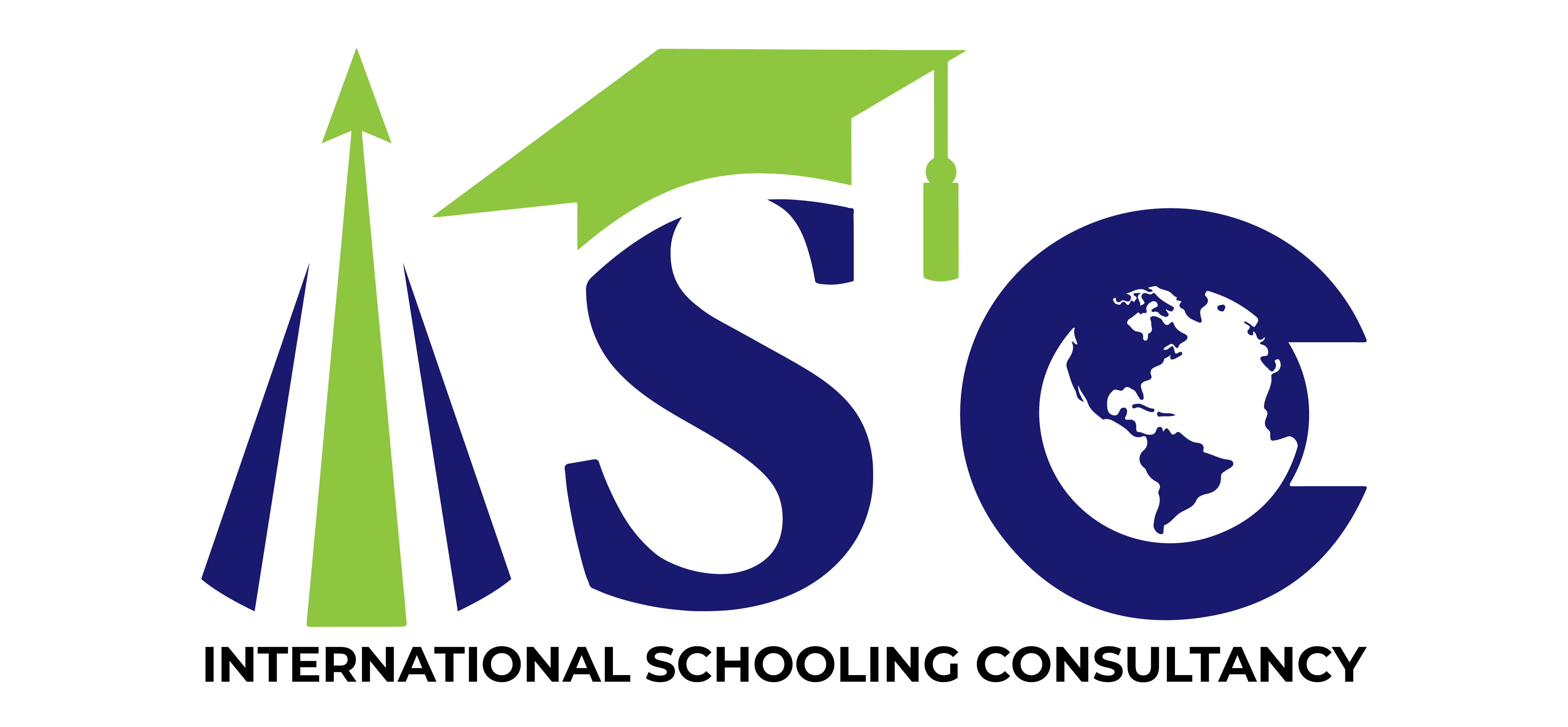Frequently Asked Questions
There are numerous benefits when you prefer to study abroad. One of the main reasons is world class education.
There are numerous benefits when you are an international student.
* Global recognition and accredition.
* Cultural immersion and diversity.
* Enhanced career opportunities.
* Personal growth and independence.
* Access to abroad technology and resources.
* Permanent Residency(PR) in certain countries.
* Global recognition and accredition.
* Cultural immersion and diversity.
* Enhanced career opportunities.
* Personal growth and independence.
* Access to abroad technology and resources.
* Permanent Residency(PR) in certain countries.
Yes, students can do a part time job upto 20 hours per week that will help the students with their living expenses in particular country.
The main factors to be considered when you prefer to study abroad are affordable fees, part time job, internship opportunities, research based education, work opportunities after graduation.
When you choose studying abroad, you get international exposure, experience new culture, enhances your network, improves your language proficiency, and personal development.
The requiremnts to study abroad varies with the country and the program you choose. Some of the common requirements are;
* Enroll at a designated university or college.
* You must have the proof of funds for the ciurse and your living.
* You must complete a medical exam ensuring that you are in good health.
* Enroll at a designated university or college.
* You must have the proof of funds for the ciurse and your living.
* You must complete a medical exam ensuring that you are in good health.
Here are the common documents you need to study abroad;
* Birth certificate.
* O level/ A level certificate or Higher secondary result certificate (for Under Graduates).
* Bachelor's certificate or statement of results (for Post Graduates).
* Academic Transcripts.
* Valid Passport.
* Statement of Purpose.
* Letter of recommendation.
* GRE/GMAT or TOEFL/IELTS (differs from countries or universities), etc.
* Birth certificate.
* O level/ A level certificate or Higher secondary result certificate (for Under Graduates).
* Bachelor's certificate or statement of results (for Post Graduates).
* Academic Transcripts.
* Valid Passport.
* Statement of Purpose.
* Letter of recommendation.
* GRE/GMAT or TOEFL/IELTS (differs from countries or universities), etc.
There are different intakes for each country. However, August and September intake is the major intake. Students can apply once they are ready with the documents.
Yes, you can. You can visit a country multiple times for higher education. You just need the successful completion certificates of your previous course.
You don't need to speak the local language of the country. But, you have to try yourself to learn the basic words if the country is not an English speaking country.

